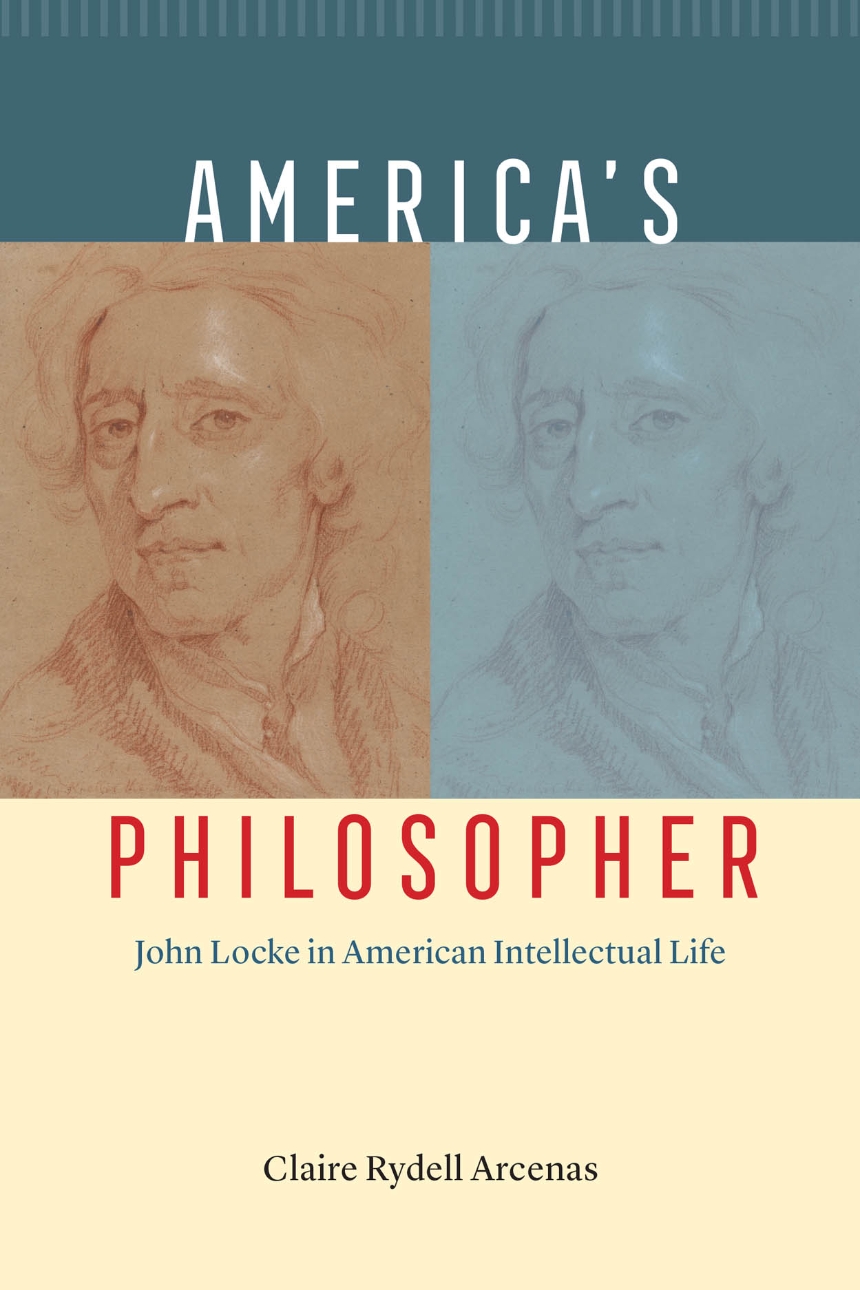America’s Philosopher
John Locke in American Intellectual Life
9780226829333
9780226638607
9780226820415
9780226831619
America’s Philosopher
John Locke in American Intellectual Life
America’s Philosopher examines how John Locke has been interpreted, reinterpreted, and misinterpreted over three centuries of American history.
The influence of polymath philosopher John Locke (1632–1704) can still be found in a dizzying range of fields, as his writings touch on issues of identity, republicanism, and the nature of knowledge itself. Claire Rydell Arcenas’s new book tells the story of Americans’ longstanding yet ever-mutable obsession with this English thinker’s ideas, a saga whose most recent manifestations have found the so-called Father of Liberalism held up as a right-wing icon.
The first book to detail Locke’s trans-Atlantic influence from the eighteenth century until today, America’s Philosopher shows how and why interpretations of his ideas have captivated Americans in ways few other philosophers—from any nation—ever have. As Arcenas makes clear, each generation has essentially remade Locke in its own image, taking inspiration and transmuting his ideas to suit the needs of the particular historical moment. Drawing from a host of vernacular sources to illuminate Locke’s often contradictory impact on American daily and intellectual life from before the Revolutionary War to the present, Arcenas delivers a pathbreaking work in the history of ideas.
The influence of polymath philosopher John Locke (1632–1704) can still be found in a dizzying range of fields, as his writings touch on issues of identity, republicanism, and the nature of knowledge itself. Claire Rydell Arcenas’s new book tells the story of Americans’ longstanding yet ever-mutable obsession with this English thinker’s ideas, a saga whose most recent manifestations have found the so-called Father of Liberalism held up as a right-wing icon.
The first book to detail Locke’s trans-Atlantic influence from the eighteenth century until today, America’s Philosopher shows how and why interpretations of his ideas have captivated Americans in ways few other philosophers—from any nation—ever have. As Arcenas makes clear, each generation has essentially remade Locke in its own image, taking inspiration and transmuting his ideas to suit the needs of the particular historical moment. Drawing from a host of vernacular sources to illuminate Locke’s often contradictory impact on American daily and intellectual life from before the Revolutionary War to the present, Arcenas delivers a pathbreaking work in the history of ideas.
280 pages | 7 halftones | 6 x 9 | © 2022
History: American History, History of Ideas
Philosophy: American Philosophy, Political Philosophy
Political Science: Classic Political Thought
Reviews
Table of Contents
Preface
Chapter 1: Locke’s Legacy in Early America
Chapter 2: Locke’s Authority in the Revolutionary and Founding Eras
Chapter 3: Problematizing Locke as Exemplar in the Early United States
Chapter 4: Locke Becomes Historical
Chapter 5: Making Locke Relevant
Chapter 6: Locke and the Invention of the American Political Tradition
Chapter 7: Lockean “-isms”
Epilogue
Acknowledgments
List of Abbreviations
Notes
Bibliography
Index
Chapter 1: Locke’s Legacy in Early America
Chapter 2: Locke’s Authority in the Revolutionary and Founding Eras
Chapter 3: Problematizing Locke as Exemplar in the Early United States
Chapter 4: Locke Becomes Historical
Chapter 5: Making Locke Relevant
Chapter 6: Locke and the Invention of the American Political Tradition
Chapter 7: Lockean “-isms”
Epilogue
Acknowledgments
List of Abbreviations
Notes
Bibliography
Index
